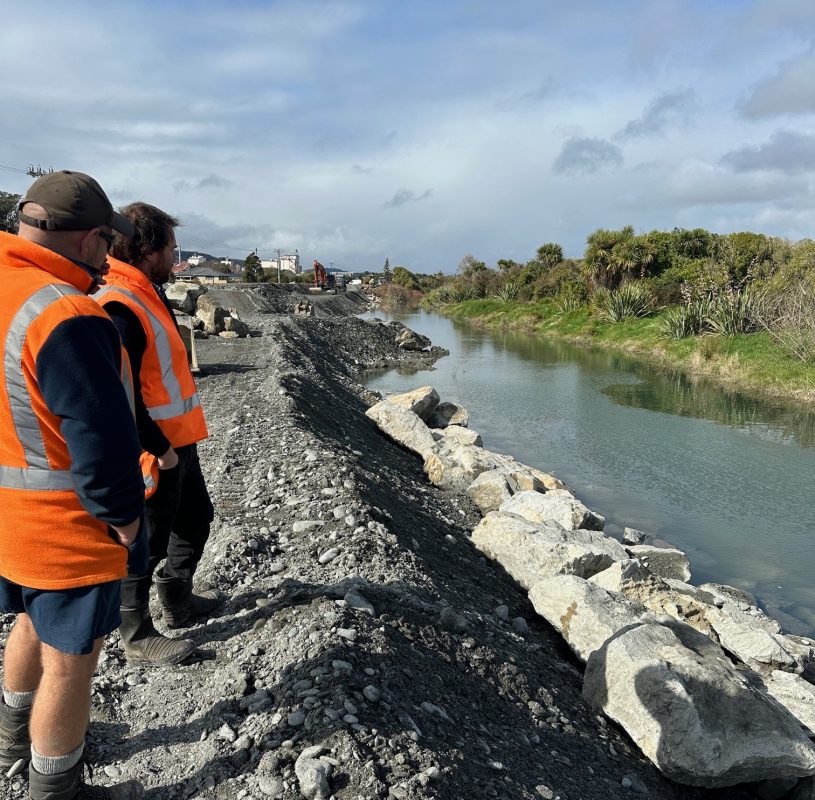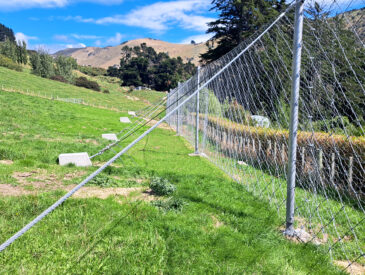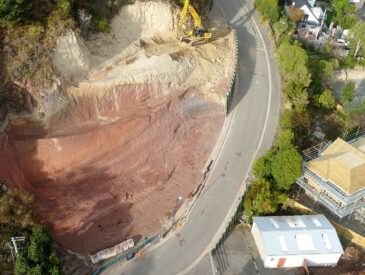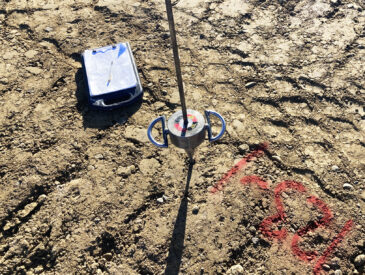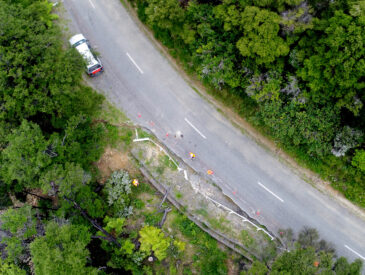Whatever your geotechnical challenge is – we can help.
Everything starts from the ground up and geotechnical engineering plays a significant role in the early stages of a project
Our geotechnical engineers investigate ground conditions to determine how the ground is going to respond for use in civil applications including house foundations, subdivisions, roading, infrastructure and commercial buildings.
From individual homeowners, structural engineers, architects, landscapers, local authorities and land developers, as an established practice with over twenty years of experience, we have a solid reputation in delivering geotechnical projects.
Whether you’re building your forever home or developing a subdivision we can scale up and down to suit.










